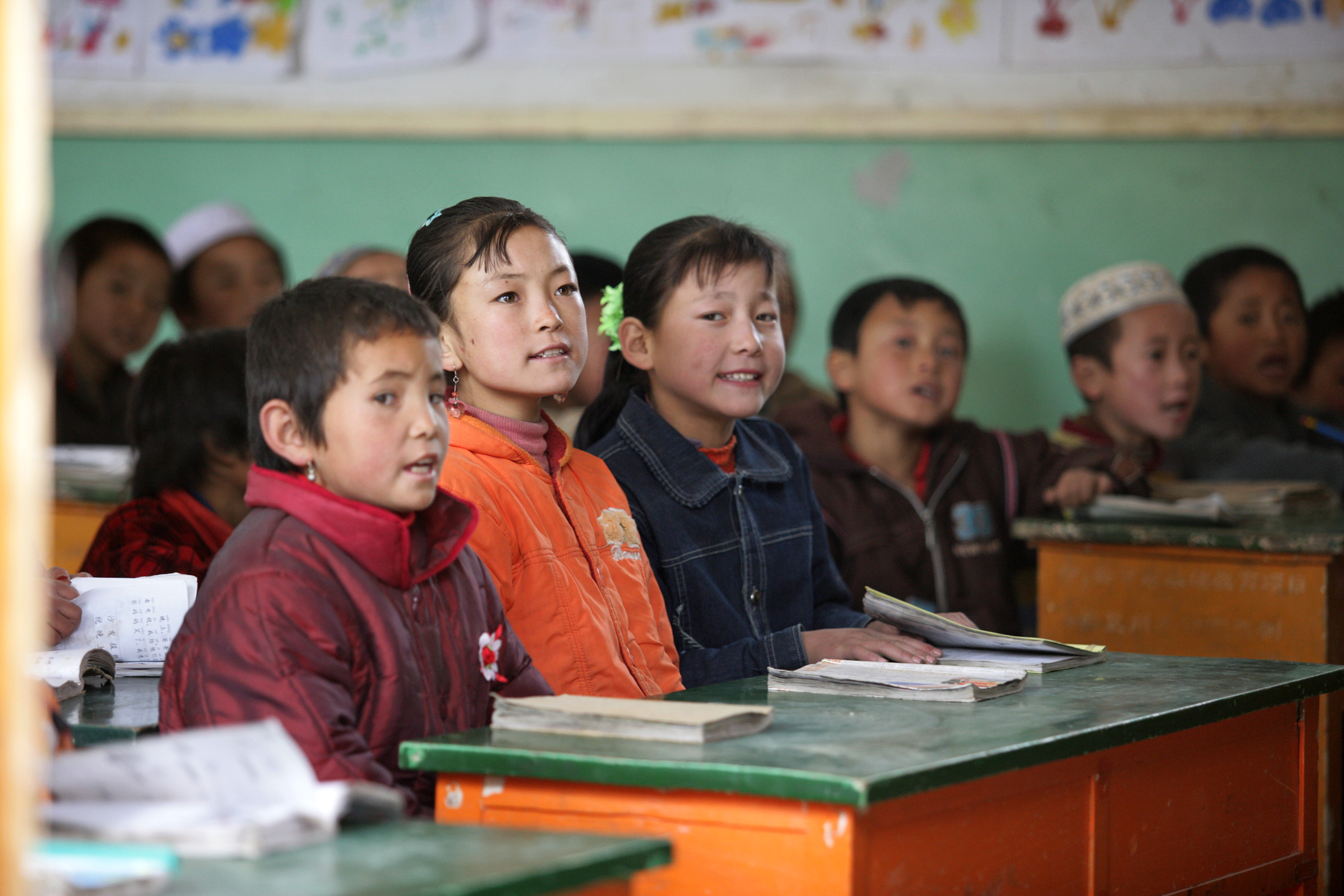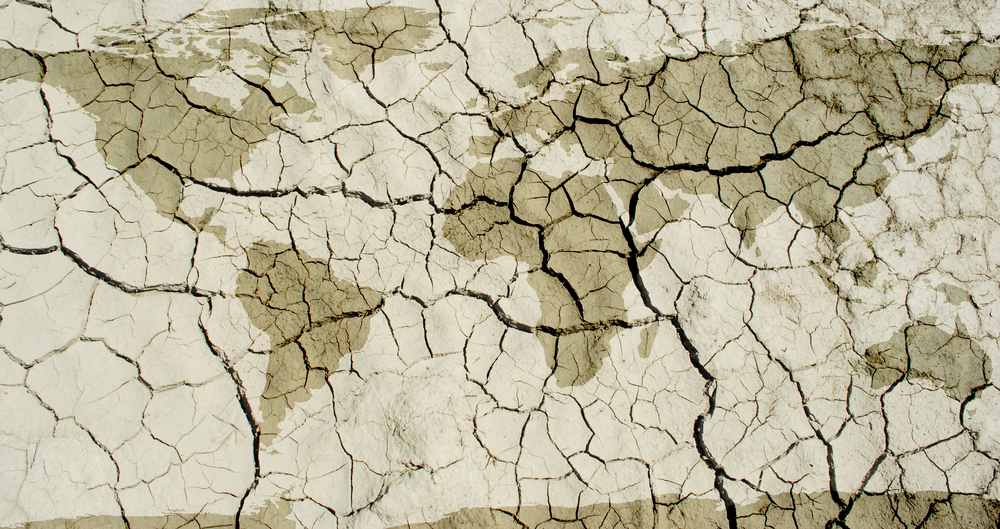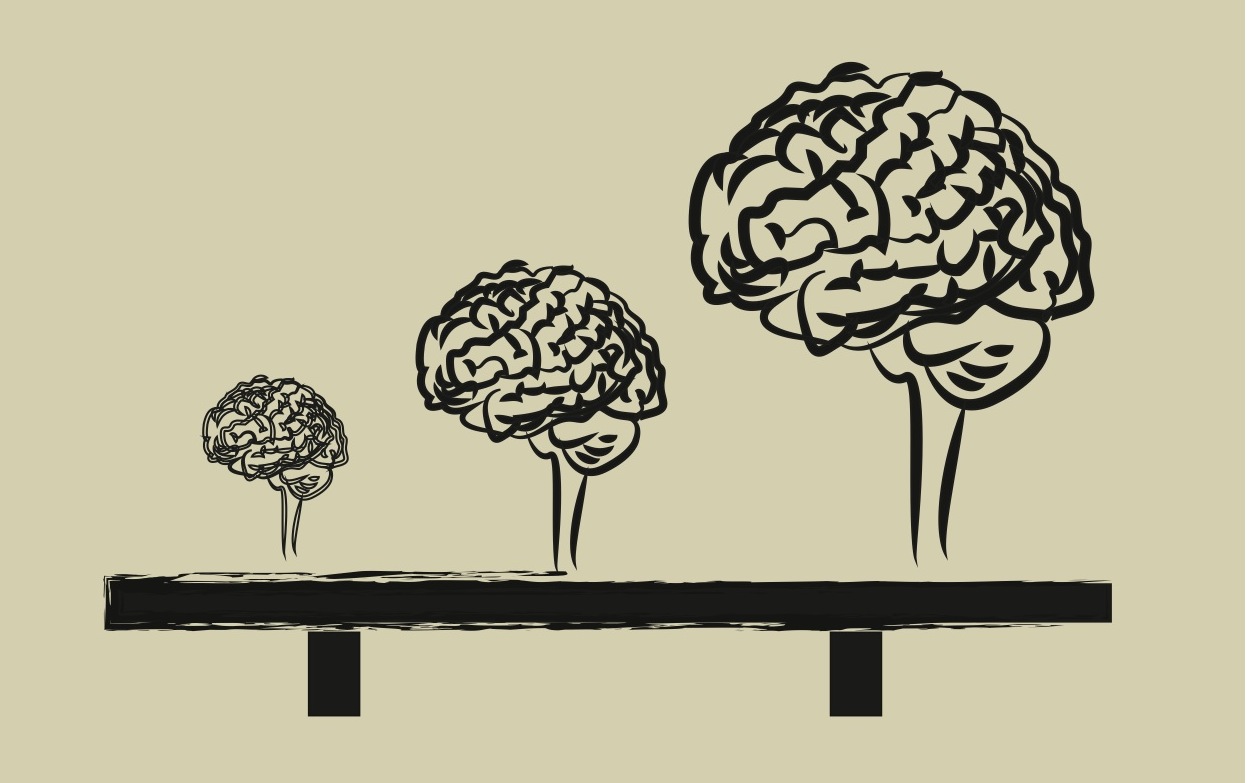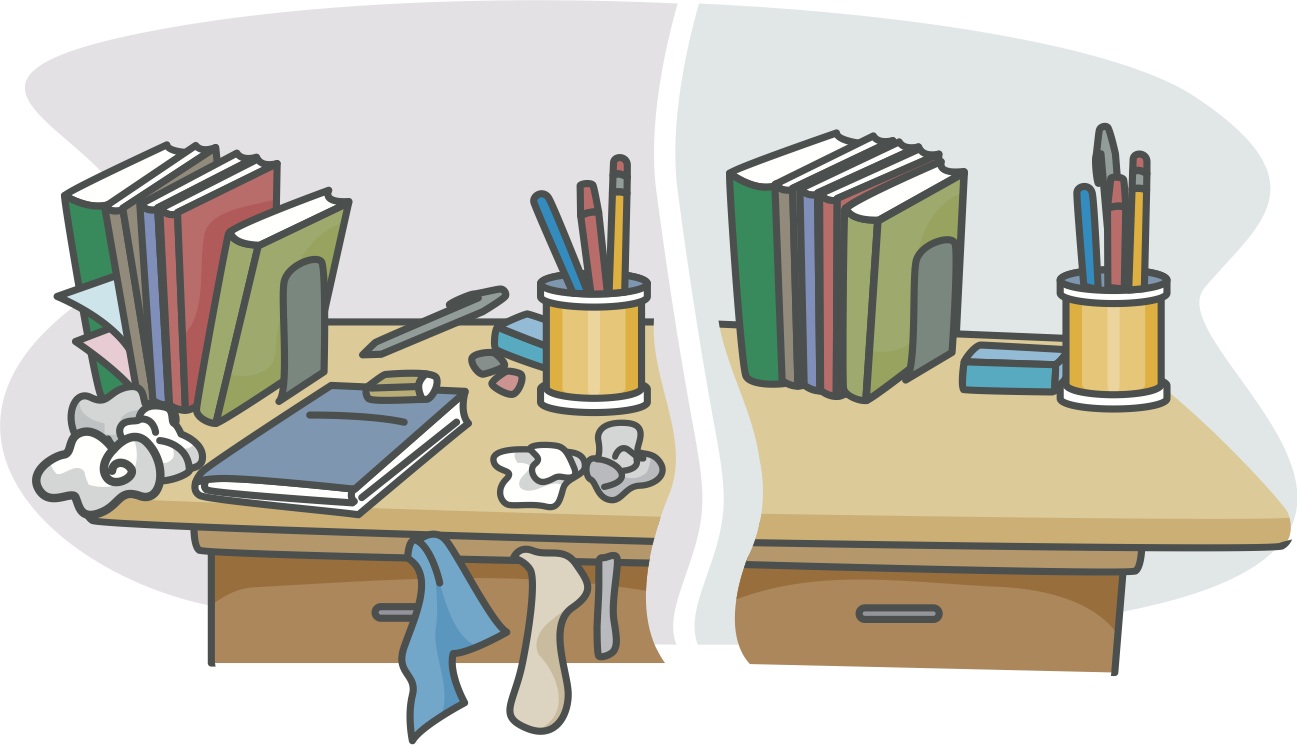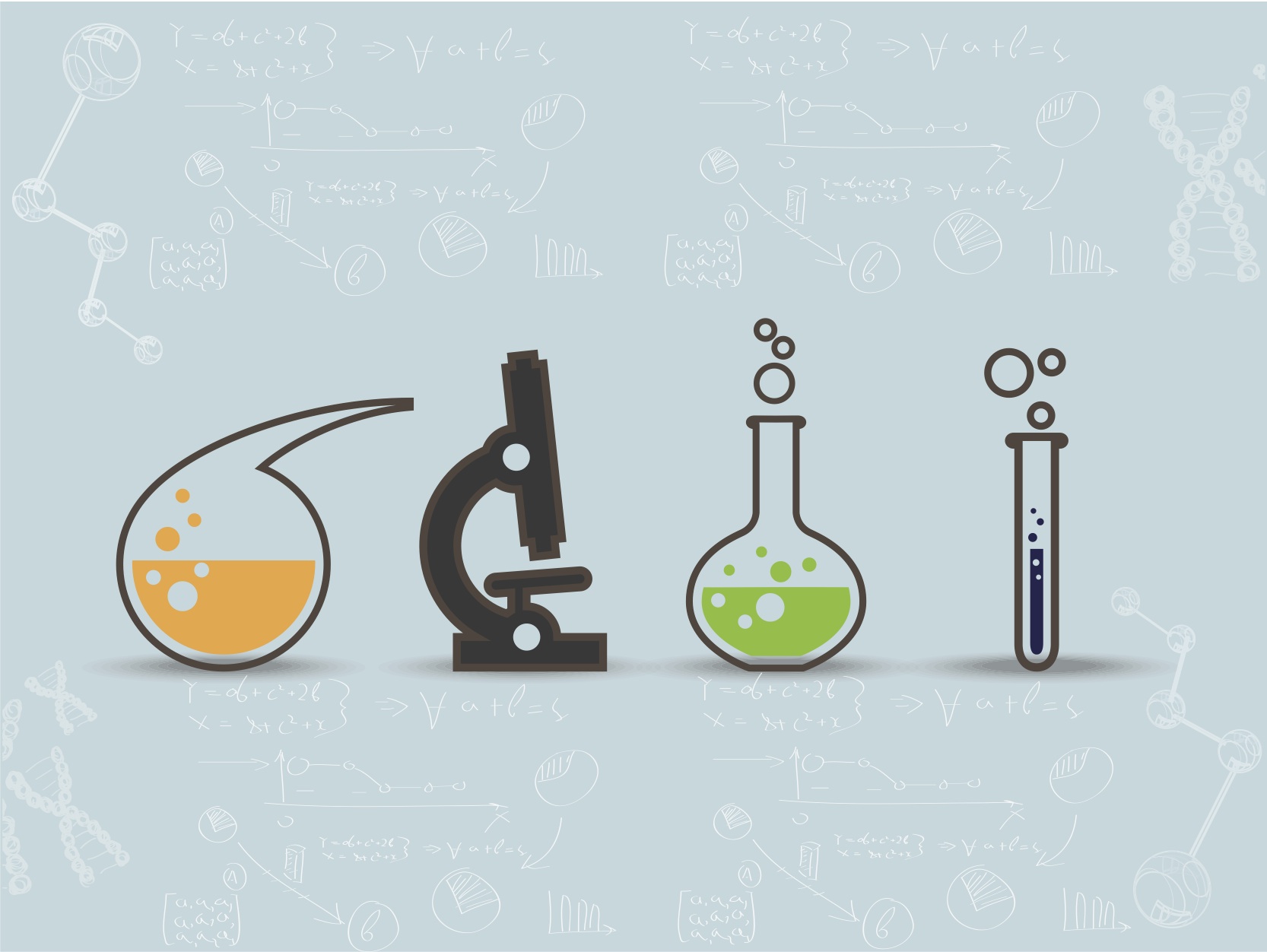Guest post by Curt Rees. The first day of the school year is here across the country, and my experience with school has been that the environment you establish at […]
All Articles
Anyone who has lived through a hot summer day in the city understands that aggression levels can quickly spike with seemingly little explanation.
A Slate piece on education starts off by declaring, if you send your kids to private school you’re “a bad person.” Not “bad like Hitler,” but bad. I don’t want […]
Poor people’s bad decision-making may be at least partly a result of their circumstances, not due to any intrinsic lack of intelligence.
Scientists in an Austrian lab have created complex human brain tissue from stem cells, creating what the scientific community are now calling “mini-brains.”
People who solve problems in slightly disorderly environments are more likely to arrive at creative solutions.
A new study argues that the association between science and morality is so ingrained that merely thinking about it can trigger more moral behavior.
It’s not so well known that being overweight (not merely obese) brings with it a cancer risk.
When breast cancer survivor Molly Lindquist decided she wanted to help others beat the same disease she had bested, she started to think big.
Research completed at the University of Navarra, Spain, suggests that a moderate level of wine drinking results in a lower risk of depression.
Researchers were surprised to learn that pollution created by road transportation proved deadlier than power generation stations.
Savvy marketing strategies currently employed by quick service restaurants suggest the fast food industry is taking a page from Big Tobacco’s playbook.
Caffeine has enjoyed a surprisingly unregulated rise to its status as the drug of choice among many Americans, young and old.
Leaders from 17 countries recently met in Sumatra to discuss how handheld GPS devices and mapping apps have helped their communities retain lands held for generations.
Extrinsic motivators like status and money tend to be back-end loaded, they tend to be delayed. And so, as Robert Kaplan points out, we need short-term rewards.
Expanding access to education and research tools, Ramez Naam says, “is accelerating this process of the Darwinian evolution of ideas.”
What do Eckhart Tolle, Amy Chua, Cesar Millan and Barack Obama all have in common? They are all idea entrepreneurs.
We often personalize our points of view or our ideas and there are people around us that want to aggressively poke at us.
It was actually “physics envy” that got us in trouble in the first place.
Francesca Gino describes how our plans get sidetracked when we are implementing them because “we are too confident in our own abilities.”
How do you assess your own skills and how do you plan to improve them?
Harvard scientists sandwiched a layer of transparent rubber between two layers of a specially-made hydrogel. Electrical audio signals sent to the gel layers caused the rubber to vibrate and make sound.
Would you kill a baby if you knew he would grow up to be Hitler? Psychologist and author Kevin Dutton explores the mindset of psychopaths as a window into this fascinating ethical question.
There is an economic imperative to have higher engagement at work, so why has it not changed?
The video is part of our series of the most popular videos of Summer 2013.
Renowned psychologist and emotion-guru Paul Ekman describes how introducing conscious awareness to facial expressions can help one override and control their emotions.
According to Neil deGrasse Tyson, three fears account for “the most expensive, ambitious projects humans have ever undertaken.”
“I’m not a philosophical megalomaniac,” says Slavoj Žižek. Philosophy is not here to provide all of the answers. What it can do however, which is more powerful, is ask the right questions.
Can we dispatch with religion altogether?
Besides the obvious, both affect the brain in ways that make a person more susceptible to bad decisions, according to a new study involving subjects in New Jersey and rural India.
